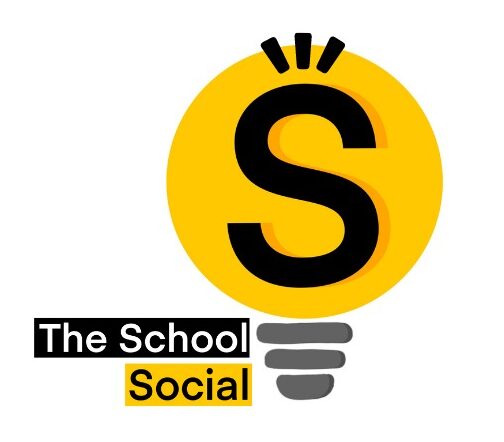
In Stephen Krashen’s influential book, “The Power of Reading” the acclaimed researcher emphasizes the significance of creating informal environments for reading. Krashen argues that when children are free to choose their preferred reading materials in an informal environment, their reading proficiency and overall literacy skills increase. Let’s explore how this aspect, highlighted in Krashen’s book, leads to enhanced reading comprehension and literacy development in children.
Research conducted by Gambrell (1996) supports Krashen’s claim, showing that when children are free to choose their reading materials in an informal environment, they display higher levels of intrinsic motivation and engagement. This results in improved reading and literacy skills.
In an informal environment, children have the autonomy to select books and materials that align with their personal preferences and reading levels. The act of choice allows children to select books that resonate with them. This autonomy creates a sense of ownership in their reading experiences, leading to heightened engagement.
Krashen refers to studies by Allington (2002) and Cunningham and Stanovich (1991) that illustrate how providing children with a wide range of reading options in an informal environment helps them develop fluency and comprehension skills.

Children are more likely to encounter texts that match their reading abilities and interests in an informal environment. This exposure to appropriately challenging and personally relevant materials contributes to the development of reading fluency and comprehension. By engaging with self-selected books, children become active participants in their learning journey, leading to increased motivation, curiosity, and enthusiasm for reading.
The book also emphasizes the importance of Free Voluntary Reading (FVR) as a crucial component of informal reading environments. FVR refers to the practice of reading for pleasure, without any external pressure or assignments. Through FVR, children have the freedom to explore various genres, authors, and topics that pique their interests. They can dive into imaginative worlds, broaden their perspectives, and deepen their understanding of the written word. By engaging in FVR within an informal environment, children develop their reading comprehension and vocabulary, creativity, and critical thinking. Studies by Anderson, Wilson, and Fielding (1988) and Krashen (2004) reveal that children who engage in regular FVR demonstrate higher reading achievement, improved writing skills, and greater overall academic success.
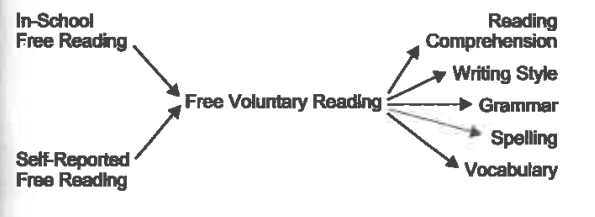
It is imperative to note that reading for pleasure is an essential catalyst for developing reading skills. When individuals read in an informal environment, free from external constraints and expectations, they can immerse themselves in the joy of reading.
Informal environments promote reading comprehension by providing a relaxed atmosphere that reduces cognitive load. In formal settings, readers often feel the pressure to decode and analyze every word, inhibiting their overall understanding of the text. However, when reading in an informal environment, readers can focus on the overall meaning and context of the material, allowing for a more holistic comprehension experience.
Krashen refers to a study published in the Journal of Educational Psychology by Guthrie et al. (1999) that examined the effects of free voluntary reading on reading comprehension. Specifically, the study reported that students who engaged in free voluntary reading in an informal environment scored an average of 27 points higher on reading comprehension tests than their counterparts who did not engage in this type of reading.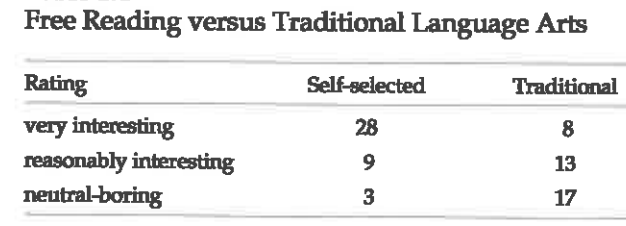
There is also no doubt that when children have access to more books at home or school, they tend to read more. Well-curated libraries with a rich collection of fiction, non-fiction, and other genres serve as valuable resources that support children’s reading and literacy skills. By providing comfortable reading spaces, cozy nooks, inviting displays, and creating an informal environment schools and parents can enhance the overall reading experience for children. These spaces can inspire curiosity, imagination, and a sense of community among readers.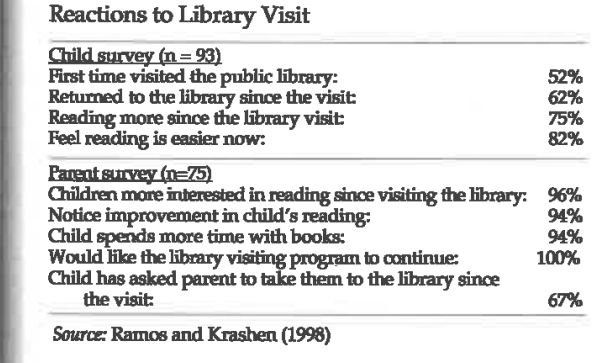
The findings of a Report by The American Library Association show that children who have access to well-stocked and inviting school and classroom libraries are more likely to develop positive attitudes toward reading and become lifelong readers.
The children who engage in voluntary, self-selected reading experiences gain a multitude of benefits that support their overall academic achievement. Furthermore, children who develop a love for reading are more likely to become lifelong readers, continually expanding their knowledge and exploring new horizons through books.
We must also emphasize on the significance of light and informal reading materials, such as comics, magazines, etc., in promoting reading and literacy skills. These materials play a valuable role in encouraging reluctant readers and providing accessible entry points into the world of reading.
By incorporating comics, magazines, and teen romances into informal reading environments, we create inclusive spaces that celebrate the power of choice and cater to individual reading tastes. These light and informal reading materials are stepping stones toward a lifelong love for reading, making the journey enjoyable, relatable, and transformative.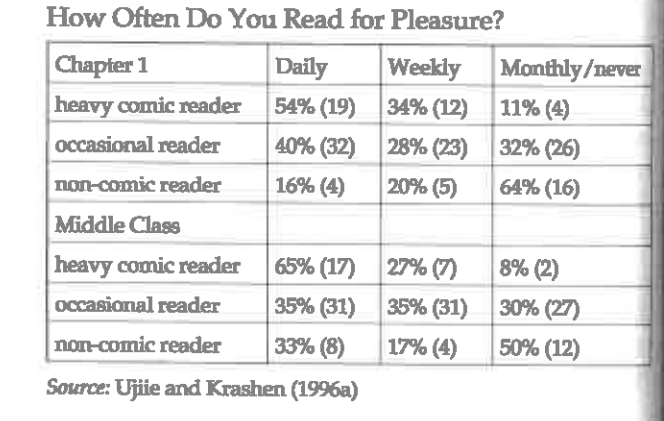

There are many statistics that highlight the positive impact of informal reading environments on children’s reading, as claimed by Krashen.
- A Report by Scholastic revealed that children who have access to a variety of reading materials in informal settings are more likely to read frequently and develop stronger reading and literacy skills.
- The Kids & Family Reading Report found that 91% of children aged 6-17 agreed that their favorite books are the ones they have chosen themselves, highlighting the importance of choice and autonomy in informal reading environments.
- A Study by The National Literacy Trust found that children who read for pleasure in informal environments are more likely to have higher levels of literacy and academic attainment.
“The Power of Reading” by Stephen Krashen has garnered praise from several experts in the field of education and literacy:
Jim Trelease, author of “The Read-Aloud Handbook,” praises the book, saying, “Krashen not only makes a compelling case for the importance of free voluntary reading but also provides practical advice for parents, teachers, and policymakers. This book is a must-read for anyone interested in promoting literacy and a love for reading.”
Richard L. Allington, a renowned researcher in reading education, states, “Krashen’s extensive research and insights make a powerful argument for the transformative potential of reading. His work has had a profound influence on our understanding of how to foster literacy skills in children and ignite their passion for reading.”
By creating an informal environment that encourages choice, autonomy, and access to a variety of reading materials, we can foster a love for reading and support children in their literacy development.
Bridging the gap between the need and the want to read, The School Social brings to young audiences an informal reading platform that is driven by young people only. It brings to them all that they need to read in an engaging format that they want to read, and come back to it everyday.
Check out more here.
